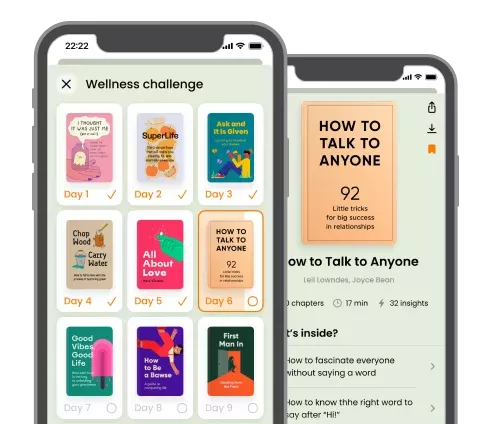9 Best Risk Management Books
Discover a wide range of risk management books, covering strategies, techniques, and best practices to mitigate risks effectively.
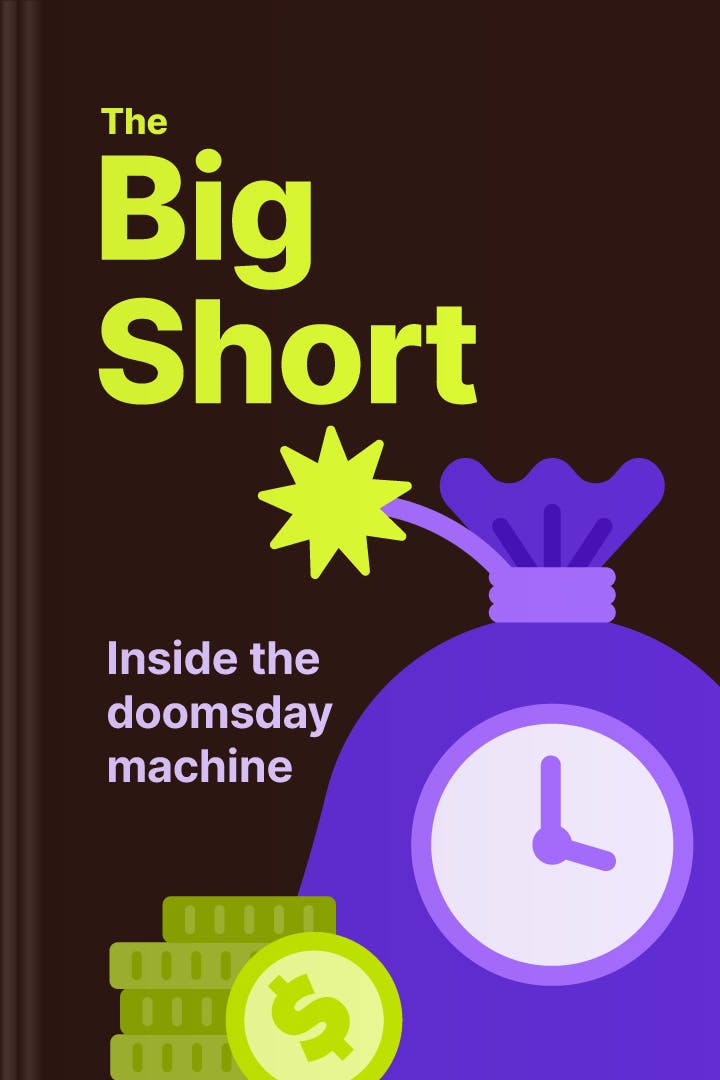 1
1The Big Short
by Michael Lewis
What is The Big Short about?
"The Big Short: Inside the Doomsday Machine" by Michael Lewis is a gripping non-fiction book that delves into the 2008 financial crisis. Through the eyes of a group of eccentric outsiders, Lewis uncovers the intricate web of greed, ignorance, and corruption that led to the collapse of the housing market. With a blend of humor and sharp analysis, this book exposes the flaws in the financial system and offers a thought-provoking exploration of the consequences of unchecked capitalism.
Who should read The Big Short
Investors and finance professionals seeking insights into the 2008 financial crisis.
Economics students and academics interested in understanding complex financial systems.
General readers curious about the inner workings of Wall Street.
 2
2This Is How They Tell Me the World Ends
by Nicole Perlroth
What is This Is How They Tell Me the World Ends about?
In this gripping exposé, investigative journalist Nicole Perlroth delves into the secretive world of cyber warfare. She uncovers the alarming reality of the cyber-weapons arms race, where governments and hackers alike exploit vulnerabilities to gain power and control. With meticulous research and firsthand accounts, Perlroth reveals the catastrophic consequences of this escalating global conflict, shedding light on the urgent need for cybersecurity measures to protect our increasingly interconnected world.
Who should read This Is How They Tell Me the World Ends
Cybersecurity professionals seeking insights into the evolving cyber-weapons landscape.
Government officials responsible for national security and defense strategies.
Technology enthusiasts interested in the dark side of digital warfare.
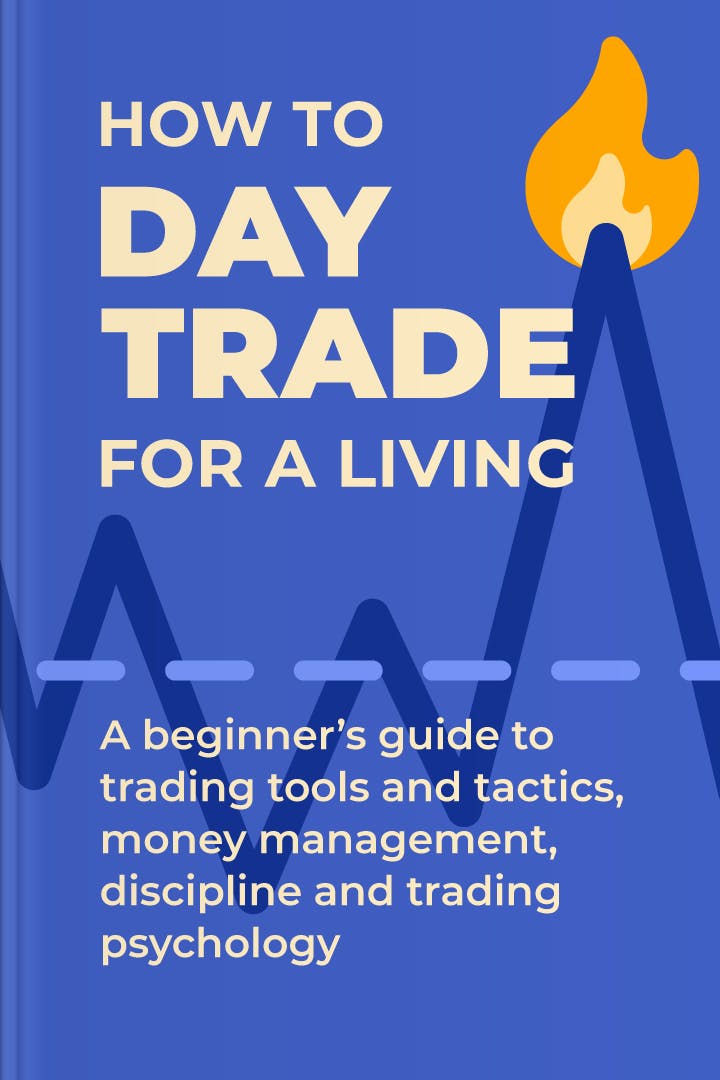 3
3How to Day Trade for a Living
by Andrew Aziz, Ph.D.
What is How to Day Trade for a Living about?
This comprehensive guide by a seasoned trader, Andrew Aziz, Ph.D., offers beginners a step-by-step approach to day trading. It covers essential trading tools, effective tactics, money management techniques, maintaining discipline, and understanding the psychology behind successful trading. With practical advice and real-life examples, this book equips readers with the knowledge and skills needed to pursue day trading as a potential source of income.
Who should read How to Day Trade for a Living
Aspiring day traders seeking a comprehensive beginner's guide.
Individuals interested in learning trading tools
tactics
and money management.
Novice traders looking to enhance their discipline and trading psychology.
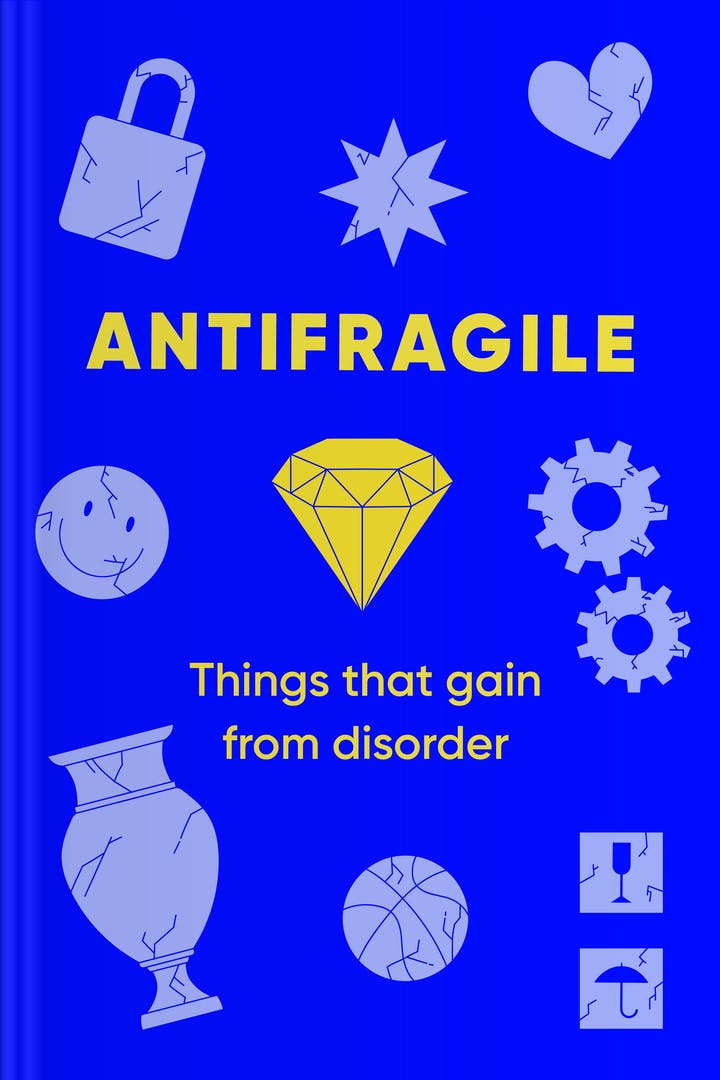 4
4Antifragile
by Nassim Nicholas Taleb
What is Antifragile about?
In this thought-provoking book, the author explores the concept of antifragility, which refers to systems that not only withstand shocks and disorder but actually thrive from them. Drawing on examples from various fields, Nassim Nicholas Taleb challenges conventional wisdom and argues for embracing uncertainty and randomness as essential components of life. With his unique blend of philosophy, economics, and practical insights, he offers a compelling perspective on how to navigate a world filled with unpredictability.
Who should read Antifragile
Entrepreneurs seeking to thrive in unpredictable and chaotic markets.
Risk managers and decision-makers navigating uncertain and volatile environments.
Individuals interested in understanding the benefits of embracing uncertainty.
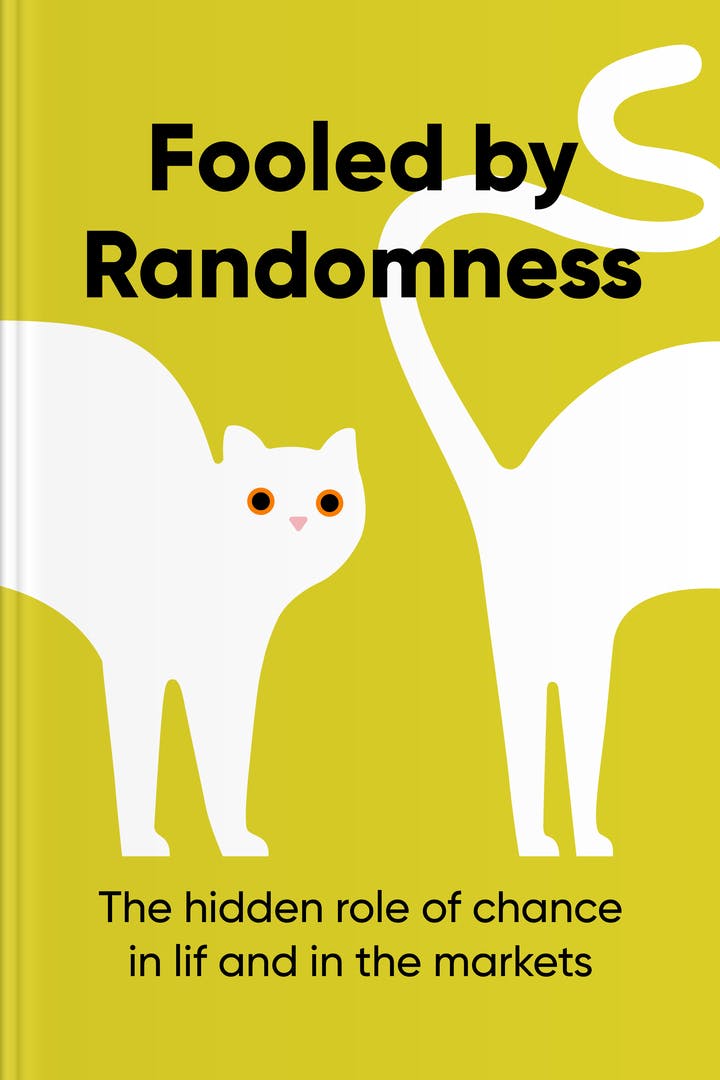 5
5Fooled by Randomness
by Nassim Nicholas Taleb
What is Fooled by Randomness about?
In this thought-provoking book, the author explores the often overlooked influence of randomness in our lives and financial markets. Nassim Nicholas Taleb challenges our tendency to attribute success solely to skill and failure to incompetence, highlighting the hidden role of chance. With captivating anecdotes and insightful analysis, he urges readers to embrace uncertainty and develop a deeper understanding of the unpredictable forces that shape our world.
Who should read Fooled by Randomness
Investors and traders seeking to understand the impact of randomness.
Individuals interested in exploring the hidden influence of chance.
Anyone looking to gain insights into life's unpredictable nature.
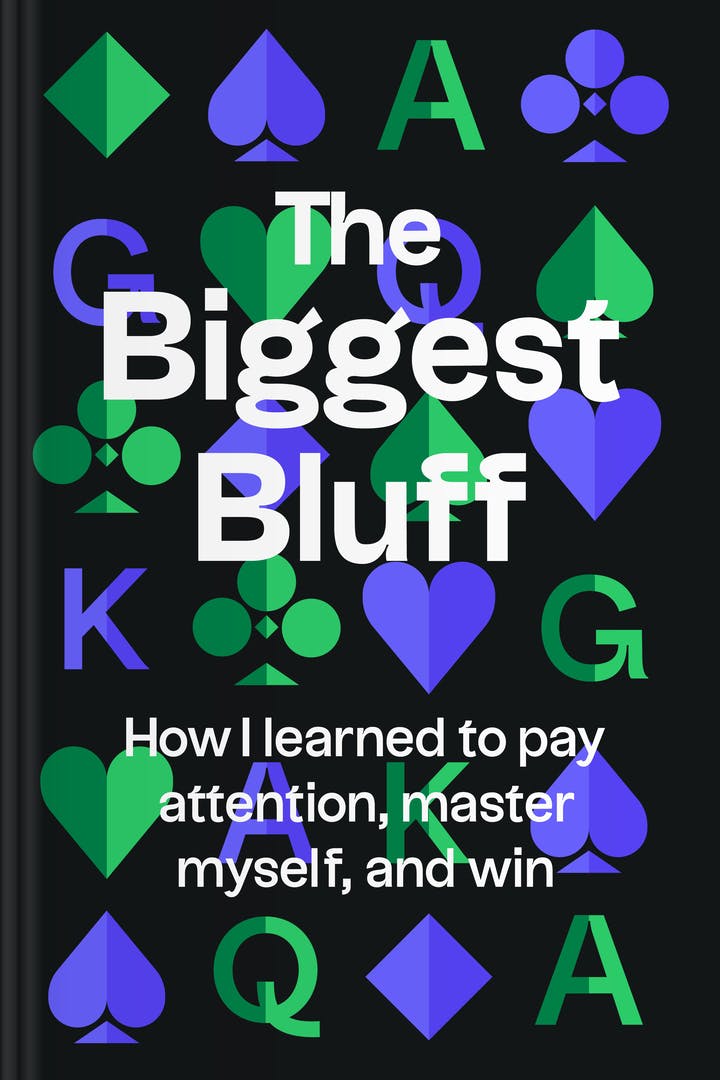 6
6The Biggest Bluff
by Maria Konnikova
What is The Biggest Bluff about?
In this captivating non-fiction book, Maria Konnikova takes readers on a thrilling journey through the world of high-stakes poker. With no prior experience, she immerses herself in the game, determined to understand the psychology behind it. As she navigates the unpredictable world of poker, Konnikova discovers valuable life lessons about attention, self-mastery, and the art of winning. This compelling narrative offers a unique blend of personal growth, psychology, and the exhilarating world of professional gambling.
Who should read The Biggest Bluff
Poker enthusiasts seeking insights into the game's psychological aspects.
Individuals interested in personal growth and self-mastery.
Anyone curious about the intersection of psychology and decision-making.
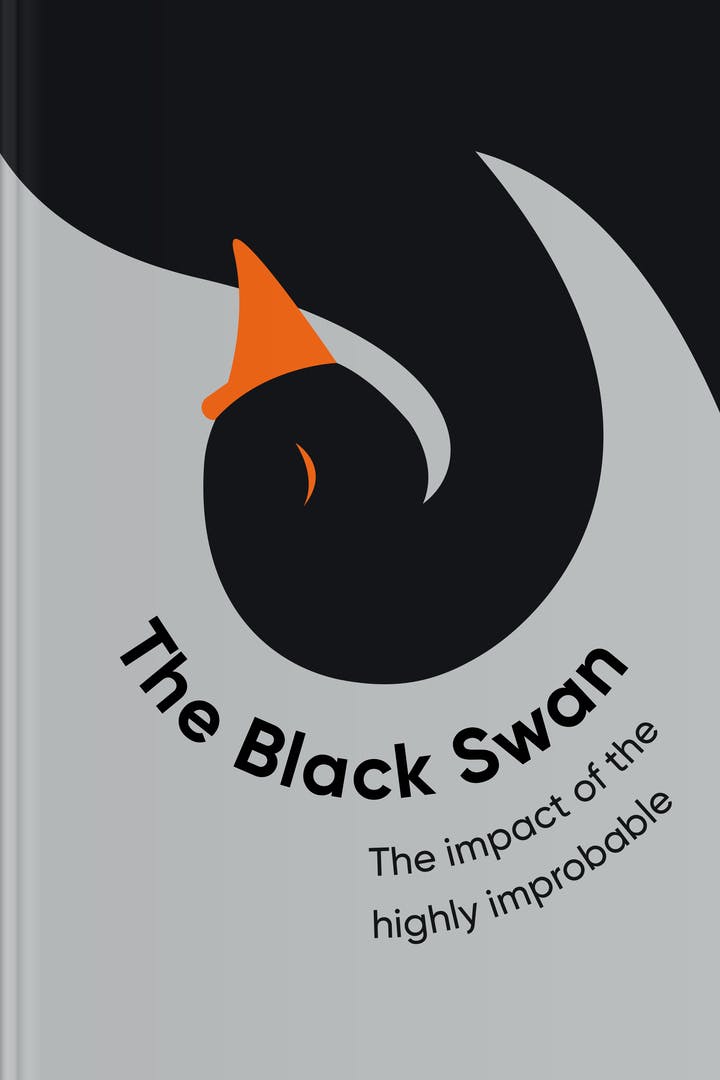 7
7The Black Swan
by Nassim Nicholas Taleb
What is The Black Swan about?
"The Black Swan" explores the profound impact of unpredictable and rare events on our lives, economies, and societies. Nassim Nicholas Taleb delves into the concept of black swans, which are unforeseen events with extreme consequences. Through captivating anecdotes and thought-provoking analysis, Taleb challenges our reliance on traditional forecasting methods and highlights the need for a more robust understanding of uncertainty. This book serves as a wake-up call, urging readers to embrace uncertainty and adapt to a world filled with unpredictable events.
Who should read The Black Swan
Investors and financial professionals seeking insights into unpredictable events.
Risk managers and decision-makers interested in understanding rare occurrences.
Individuals curious about the impact of unpredictable events on society.
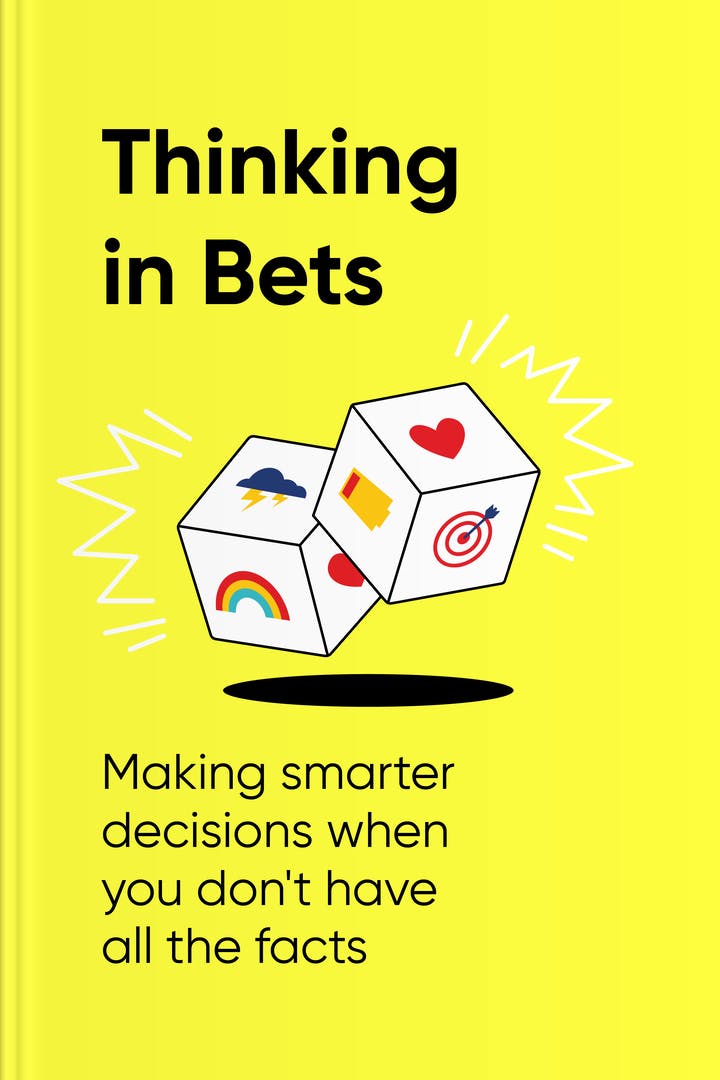 8
8Thinking in Bets
by Annie Duke
What is Thinking in Bets about?
In this insightful book, Annie Duke, a former professional poker player, explores the art of decision-making in uncertain situations. Drawing from her experiences in high-stakes poker games, Duke reveals how to think in bets and make smarter choices when faced with limited information. With practical strategies and engaging anecdotes, she teaches readers to embrace uncertainty, evaluate probabilities, and avoid common cognitive biases. This book is a valuable guide for anyone seeking to improve their decision-making skills and navigate life's unpredictable challenges.
Who should read Thinking in Bets
Individuals seeking to improve their decision-making skills in uncertain situations.
Business professionals looking to enhance their strategic thinking abilities.
Anyone interested in understanding the psychology behind decision-making processes.
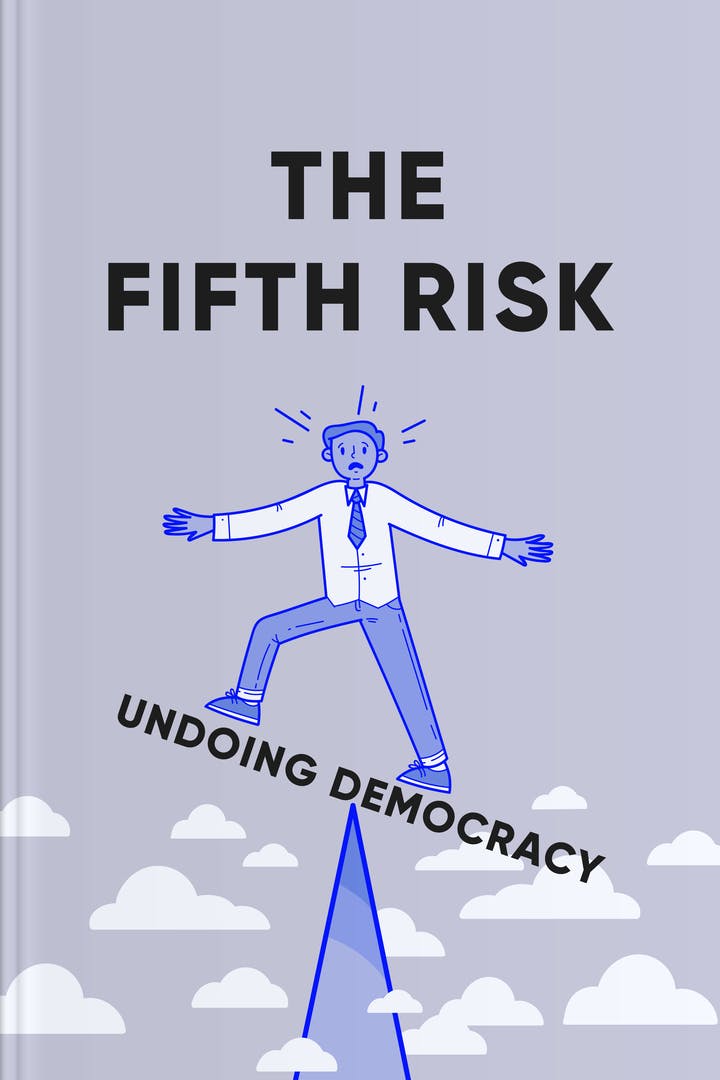 9
9The Fifth Risk
by Michael Lewis
What is The Fifth Risk about?
"The Fifth Risk: Undoing Democracy" by Michael Lewis is a thought-provoking exploration of the consequences of neglecting the vital functions of the US government. Through compelling narratives, Lewis exposes the risks posed by the Trump administration's lack of understanding and appreciation for the complex systems that ensure the safety and well-being of the nation. This eye-opening book serves as a wake-up call, urging readers to recognize the importance of competent leadership and the potential consequences of its absence.
Who should read The Fifth Risk
Politically engaged citizens seeking to understand the risks to democracy.
Government officials and policymakers concerned about the future of democracy.
Individuals interested in the inner workings and challenges of government.
